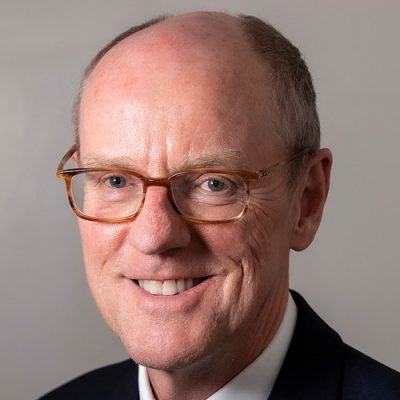The government has quietly abandoned hope of reaching its target of six million course starts under the flagship National Tutoring Programme.
Ministers repeatedly pledged to deliver the target by 2024. But with the latest official figures showing just 3.4 million starts as of January, and ministers only expecting to fund one million next year, the benchmark is now unlikely to be met.
The Department for Education announced this week that schools will only have to contribute 50 per cent of the costs towards tutoring under the catch-up scheme next year. Its subsidy had been due to fall from 60 per cent to 25 per cent.
However, there is no extra cash. The government is seemingly forecasting less demand next year than anticipated, meaning its contribution will go further.
Nick Brook, the chair of the DfE’s strategic tutoring advisory group, said it was “hard to see” how the six million target could be reached “without substantial further investment”.
The DfE did not deny the target had been dropped, and referred Schools Week to its “commitment to £1 billion in funding over the duration of the programme”.
However, poor take-up means the full amount has not been spent. Schools Week reported earlier this year that an unspent £114 million was due to be clawed back by the Treasury for the past academic year alone.
According to the BBC, the underspend on tutoring since the programme’s launch is now £209 million.
Clawed-back funding is ‘lost to education’
Brook said the “fundamental problem is that there was a four-year objective to deliver around six million programmes of tutoring that was calculated to need £1 billion of investment”.
“Yet [the Treasury] has clawed back over a fifth of that already, as unspent grant – money that is now lost to education and tutoring.”

Guidance for the next academic year shows schools will receive the same amounts they were due to receive had the government subsidy fallen to 25 per cent – but will have to contribute less from their own budgets to use the funding.
Mainstream schools will receive a minimum of £67.50 per pupil-premium eligible child, while special schools will get at least £176.25. However, these rates are less than half of what was paid this year, when mainstream schools got £162 and special schools £423 per eligible pupil.
By doubling the planned subsidy while giving schools the same amount of money, the government has effectively halved the number of sessions that can be funded next year. Ministers now predict a million courses will be paid-for in 2023-24.
Brook said he hoped that “in raising the subsidy, less money will be returned to the Treasury next year”.
But he added: “Let’s not fool ourselves though into believing that two million programmes would have been delivered next year, had the subsidy reduced to 25 per cent.
“Indications from schools are that tutoring numbers would have collapsed. This was the right decision in the circumstances, but far from a perfect solution.”
Target was key success metric for ex-PM
Despite long-standing problems with take-up of the scheme, politicians had remained bullish about its prospects.
In a written statement last July, Boris Johnson cited the “programme to reach six million [courses] by 2024”.
The former prime minister even referred to the target in his response to Rishi Sunak’s resignation as chancellor last summer, declaring that the government was “delivering six million tutoring courses to help pupils catch up lost learning”.

And in October, a DfE blog post referred to “our target of starting six million tutoring courses by 2024”.
Nick Gibb, the schools minister, said: “Since its inception in 2020, we have continuously evolved the National Tutoring Programme to ensure it works for pupils and schools.
“Over three million courses have been started as a result and we remain committed to supporting schools to embed tutoring long term because we know the positive impact it can have on pupils.”
The latest DfE statistics show that 3,365,598 tutoring courses had been started as of the end of January. That included 2,215,386 in the 2021-22 academic year, meeting ministers’ initial target of two million starts for that year.
The government has also urged schools to prioritise pupils for tutoring who are “below the expected standard or grade boundary in an applicable subject”.
Among this group, schools should “focus on pupils who are below the expected standard or grade boundary in an applicable subject”. This means primary pupils needing support to meet the expected standard in SATs, and those predicted to get grades 3 or 4 at GCSE.
















Your thoughts